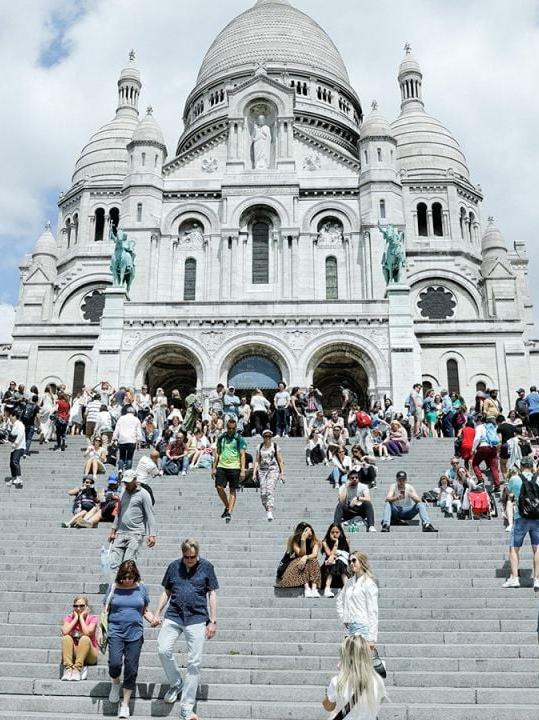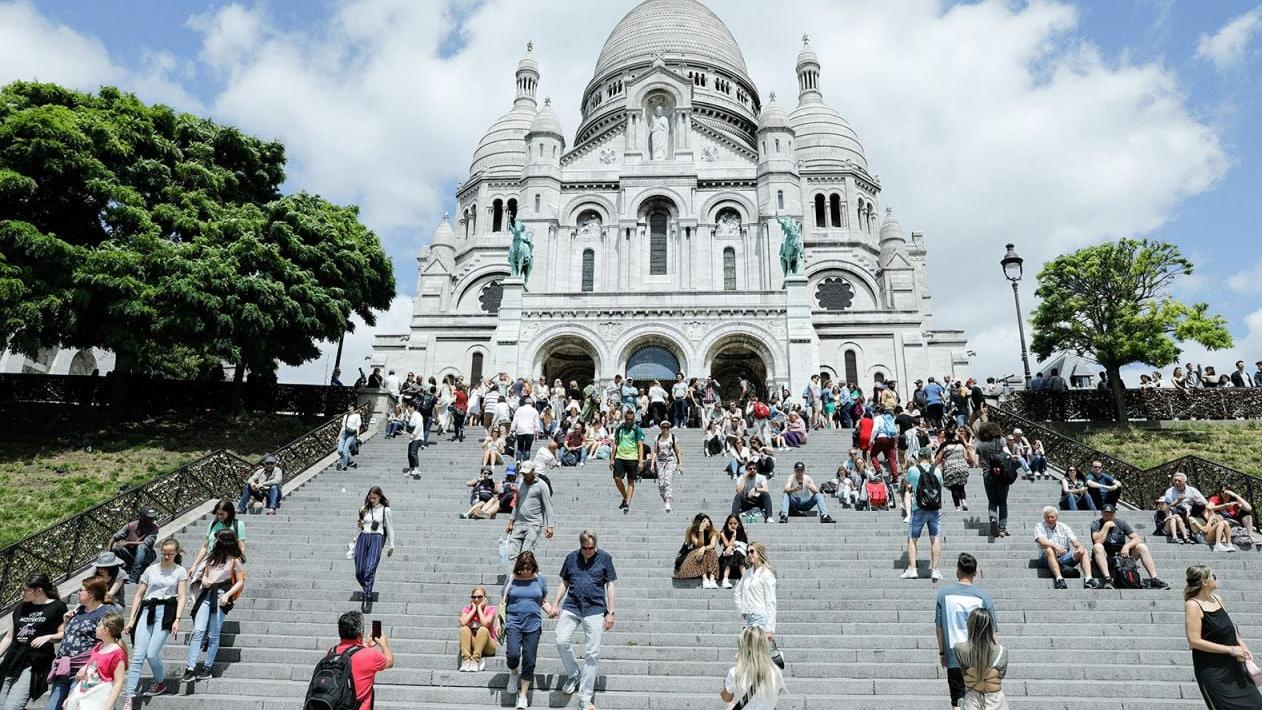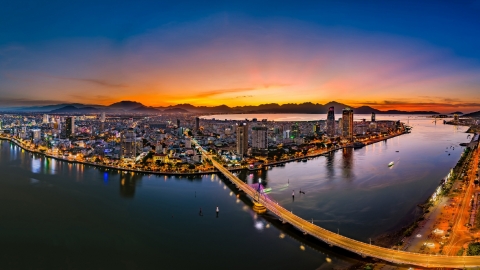According to Lionel Saul, a visiting lecturer at the EHL Hotel Business School in the US, the rise of budget airlines, short-term rentals, and cruise ships is partly responsible for the current tourism overcrowding. She says: "Social media, influencers, movies, and TV shows are also contributing factors. They bring a lot of people to the same place. They just arrive, take a nice selfie, post it on social media, increase the place's popularity… and leave."

Many of the world's most popular tourist destinations have returned to the cycle of tourist overcrowding seen before the COVID-19 pandemic.
The number of tourists is constantly increasing. The United Nations estimates that the world population will reach 8.5 billion by 2030. And according to the World Tourism Organization, it is projected that between now and 2030, there will be an additional 50 million international tourists each year, mainly from Asia.
Multiple prevention measures
Tatyana Tsukanova stated that the Austrian village of Hallstatt, the inspiration for Disney's blockbuster "Frozen," appeared in a South Korean television series. Immediately, the location became a tourist sensation, receiving approximately 1 million visitors annually. Locals even built a protective wall, but authorities were forced to take it down due to public backlash.
Other cities and sites such as Machu Picchu in Peru, the Acropolis in Athens, Borobudur in Indonesia, and the beaches of Sardinia are limiting daily visitor numbers. Meanwhile, Venice and Bora Bora are restricting large cruise ships.
According to The Guardian, Amsterdam is "pioneering" in combating tourist overcrowding, restricting buses and tourist shops, opening new hotels, and offering Airbnb rentals. They are also considering banning cruise ships and relocating the city's famous red-light district out of the city center.
The Dutch capital launched a unique tourism campaign in April. Specifically, the Netherlands asked certain tourists – particularly young, male British tourists – to stay away if they came to the city with bad intentions, such as drug use or partying.
Some cities are targeting tourists' wallets by imposing fines for bad behavior. Venice fines tourists for eating and drinking while sitting on the ground, swimming in the canals, and walking around in swimwear. Starting in 2024, the city will test a new tactic: charging $5 for day visitors.
Ivan Saprov, founder of the US-based travel technology company Voyagu, said the new travel taxes will begin to be implemented in Valencia, Spain; Manchester, England; Thailand and Iceland. Bali will also tax tourists $10 starting in February 2024.
However, the sustainability-related fees are not a "hard pill to swallow" for tourists. Saprov emphasized: "After speaking with customers, we were surprised by the positive feedback. Nearly 40% of them agreed and supported it because the revenue generated can be used to improve facilities and provide enjoyable services for both tourists and locals."
Many tourists support Bhutan's $200-per-day sustainability fee, announced in 2022. However, according to a survey, fines and fees cannot prevent overtourism. Ms. Tsukanova believes that cooperation between city authorities, tourist destinations, tourists, and local people is essential.
Tourist flow management
World Tourism Organization Secretary-General Zurab Pololikashvili told CNBC Travel that the key to overcoming tourism overcrowding lies in managing the flow of tourists and requires the added help of technology.
To address tourist overcrowding while still attracting spending, some countries are luring tourists to less-visited areas.
Indonesia introduced "10 New Balis" in 2016 – later reduced to "5 New Balis" – to showcase other beautiful locations within the country. Meanwhile, Japanese tourism officials are promoting visits to rural areas.
Darrell Wade, co-founder of Intrepid Travel, said that tourism must evolve and regenerate. One of the problems with tourism today is that it goes against regeneration. It's exploitative – and this can't continue much longer. "You can't just come, take pictures, see the sights, and then leave," he emphasized.
Promoting healthy tourism development.
Ms. Saul announced that her team is researching a regenerative hotel business model where tourists help the communities they visit, ensuring that visitors "don't just come... to see and then leave." She said tourists could restore coral reefs, plant vegetation, or ensure their money benefits local people by choosing smaller hotels and family-owned restaurants.
According to Ms. Tsukanova, the biggest challenge now is to redirect tourists' travel mindset in a different direction. This involves introducing an application that allows tourists to track how many countries and regions they have visited.

 VI
VI EN
EN


































